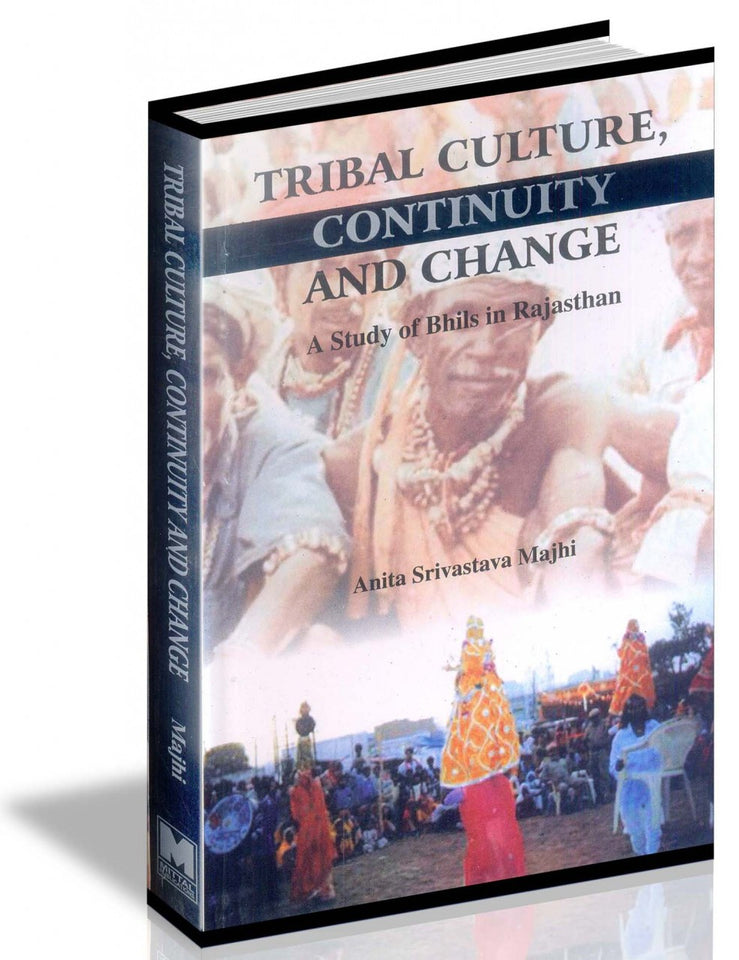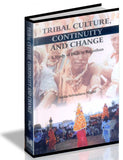Tribal Culture, Continuity and Change
Regular price
Rs. 695.00
Change is inherent in the nature of culture. No culture is static and it is a permanent factor of human civilization which goes on everywhere and at all times. The Bhils commonly known as the desert dwellers or the bowmen are the largest tribal group in the Arravali belt of Rajasthan. It is believed that they are the oldest inhabitants of Indian continent. Hence these Arravalli dwellers came across the different agents of changes. There was a time, when they assisted the Rajputs and revealed their gallantry against the Britishers. To evaluate the nature and its direction of change, the author tried to explore the Bhils in their present stage and also made an effort to compare them from pre-independence and post-independence Bhils. Hence the study endeavours to draw a chronology of change coming to oldest inhabitants from its ancient times to oflate with the main focus on post-independence period of the Bhils in India. The study gives an idea about the situation of a particular tribe in almost in all aspects and it also helps us o know as how these bowmen's social structure altered in the light of awareness education and the contacts with the non-tribals which mobilised them from their conventional occupation agriculture to the most recent professions, in which not only the young Bhil boys but also the young girls are involved. The impact of the development plans and programmes in the light of the wider notions of culture change has also been assessed accordingly to view its effect as a known planned change coming to the Bhil tribe. Banton's model of acculturation is conversed in the study, which helps to discern as to how the Bhils started changing and now in what direction the society is altering. The book could be helpful for study of structural change or cultural change of any society as it throws light on the different facets of structures which are altering the Bhil tribe and it also indicates the direction and nature of change coming to the society.
Anita Srivastava Majhi (b.1973), obtained her M.A. from University of Lucknow, Lucknow and Ph.D. degree in Social Cultural Anthropology from University of Delhi, Delhi and has about one decade research experience in various tribal groups in northern and western India. She has published quite a number of articles extensively in the field of Social and Cultural Change in various referred journals. She was the Member, Guest Faculty in the Department of Anthropology, Allahabad Central University during 2005-2006. Presently she is Lecturer in the Department of Anthropology, Pandit Deen Dayal Upadhyay Government Girls' Degree College Rajajipuaram, Lucknow (U.P.). She is a member of American Anthropological Association (AAA), Society for Anthropology North America (SANA) and Allahabad Anthropological Association (AAA). She is also associated with Giri Institute of Social Sciences (ICSSR Regional Centre), Lucknow for the project National Rural Employment Guarantee Act (NREGA). Besides her academic assignments, the author is associated as a member with some of the non-government organizations such as Ekta Shikshan Sansthan and CECILIA Care, Lucknow (U.P) and working to strengthen the under-privileged and down-trodden children of Uttar Pradesh, India.
Guaranteed Safe Checkout





